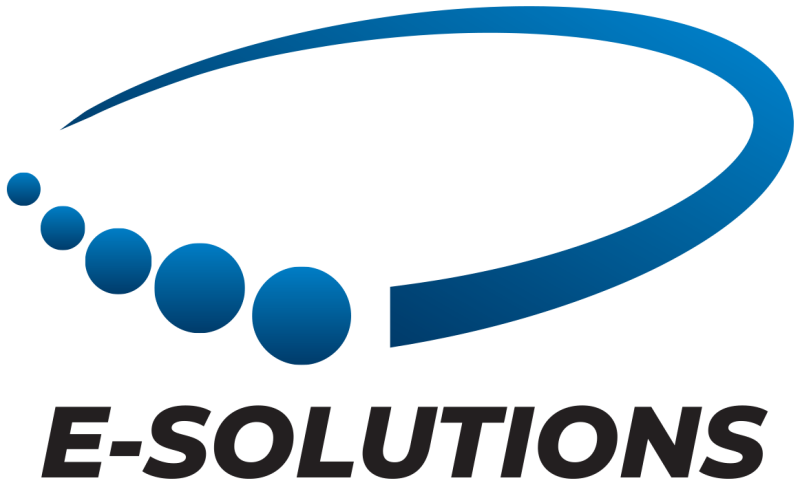In the healthcare industry, precision and efficiency are paramount. There are no two ways about it. From managing patient records to ensuring compliance with stringent regulations, effective data management has become the cornerstone of modern healthcare operations. But with data pouring in from electronic health records (EHRs), wearables, diagnostic tools, and administrative systems, the challenge lies in organizing and leveraging this vast ocean of information.
Healthcare providers today deal with massive, fragmented datasets that often exist in silos. This disjointed approach can lead to delayed diagnoses, inefficiencies in care delivery, and even regulatory risks. Without a robust data management framework, the potential of these valuable datasets remains untapped, ultimately impacting patient outcomes.
A well-executed data management strategy can transform healthcare by creating a unified, reliable, and secure data ecosystem. Imagine a scenario where a hospital uses real-time data from wearable devices and integrates it with EHRs. Physicians can monitor patient vitals continuously, flagging early signs of complications. By breaking down data silos and consolidating information into a single source of truth, healthcare providers can deliver proactive, personalized care.
One of the most critical applications of data management in healthcare is compliance with regulations such as HIPAA and GDPR. Proper governance ensures that sensitive patient data is stored, accessed, and shared securely, reducing the risk of breaches and hefty penalties. Hospitals and clinics also rely on accurate data for reporting metrics, ensuring accountability, and maintaining accreditation.
Operational efficiency is another significant win. By managing supply chain data effectively, hospitals can optimize inventory levels for critical medical supplies, reducing waste and ensuring availability during emergencies. A notable example is Mayo Clinic, which leverages advanced data management practices to predict patient flow and allocate resources dynamically, enhancing care quality.
Yet, challenges persist. Integrating legacy systems with modern platforms is a daunting task for many healthcare providers. Data security remains a top concern, given the rise in cyberattacks targeting the industry. Additionally, achieving data standardization across disparate systems requires significant effort and expertise.
Despite these hurdles, the benefits of data management in healthcare are transformative. With clean, accurate, and actionable data, providers can improve patient care, streamline operations, and foster innovation. As healthcare continues to evolve, robust data management will play a pivotal role in delivering precision, efficiency, and trust across the industry.






